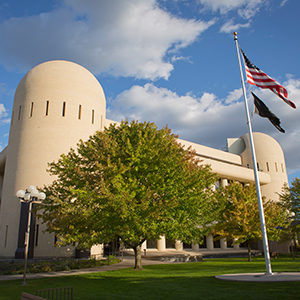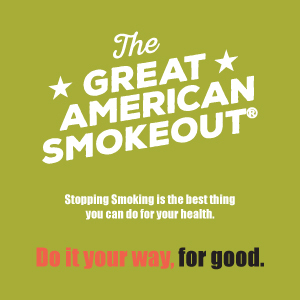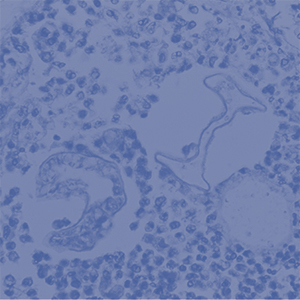
1000 results matching “”



Spotlight on Our Team: Malia Nogle, MPH
In each issue of the Epigram, we are pleased to introduce you to a member of the Disease Prevention and Response team at SRHD. In this issue we feature Epidemiologist, Malia Nogle, MPH. Malia works in the Communicable Disease Epidemiology program where she focuses on notifiable condition investigation, influenza surveillance, special pathogen emergency preparedness and response, community education, and more recently, served as the Epidemiology staff lead working with Spokane County Jail and Geiger Corrections to provide hepatitis A vaccine. Malia has been with SRHD since 2014 and previously worked in the Food Safety program.
Everyday Ethics: Dilemmas We Face When Parents Refuse Vaccines
You are seeing a 6-month old boy in your primary care practice. He is completely unimmunized, and parents are staunchly against DTaP. There is currently a pertussis epidemic with 150 cases in your state and more than 2,000 cases nationally. After explaining the risk and consequences of getting pertussis and encouraging immunization, the parents still refuse. What would you do?
Influenza: What to Expect When You Don’t Quite Know What You’re Expecting
Influenza activity in Washington is currently low, but SRHD staff are busy preparing for the 2019-20 season. It’s no secret the Southern Hemisphere just experienced a particularly bad influenza season, but what does that mean for us?
Only 35 percent of Pregnant Women Receive Both Influenza and Tdap Vaccines
New data released from the CDC show not enough pregnant women are being vaccinated against influenza and pertussis during pregnancy. A survey of nearly 2,100 pregnant women ages 18 to 49 years taken during the 2018-19 influenza season found only 54 percent of pregnant women reported vaccination with influenza and only 55 percent reported vaccination with Tdap during pregnancy. Only 35 percent of women received both vaccines.
Increase in Pertussis Cases Observed in 2019
A total of 70 confirmed and probable pertussis infections have been investigated by Spokane Regional Health District (SRHD) staff so far this year. Most have been unrelated cases. While only slightly fewer cases were reported during 2018 (65), almost two thirds of last year’s total were related to a large outbreak at a residential boarding school. In 2017, only 32 cases were reported. This year, one adult and two infants have been hospitalized. Vaccination status has varied, though as expected, many cases have occurred in children and adults who have been unimmunized, partially immunized or whose immunization status was unknown.
Hepatitis A Outbreak Continues Into Fall
Spokane County’s hepatitis A outbreak, which began in June 2019, continues to advance with new cases diagnosed every week. Primarily affecting people experiencing homelessness and/or substance abuse, 59 cases were reported as of November 17, 2019 with a 69 percent hospitalization rate and a median length of hospital stay of four days. Potentially contributing to the high hospitalization rate, at least 35 percent of cases had evidence of chronic viral hepatitis co-infection with hepatitis B and/or hepatitis C. At least 86 percent had known risk factors of homelessness and/or substance abuse.
Vaping 101: What Are These Things and What’s in Them?
With the CDC reporting 1,888 lung injury cases and 34 deaths (as of Oct. 29, 2019) associated with e-cigarette use or vaping products, there have been many questions about the products’ safety. To date, no one substance, chemical or device has been found to be present in all cases.
